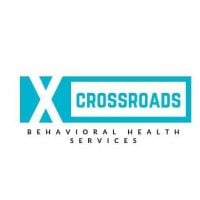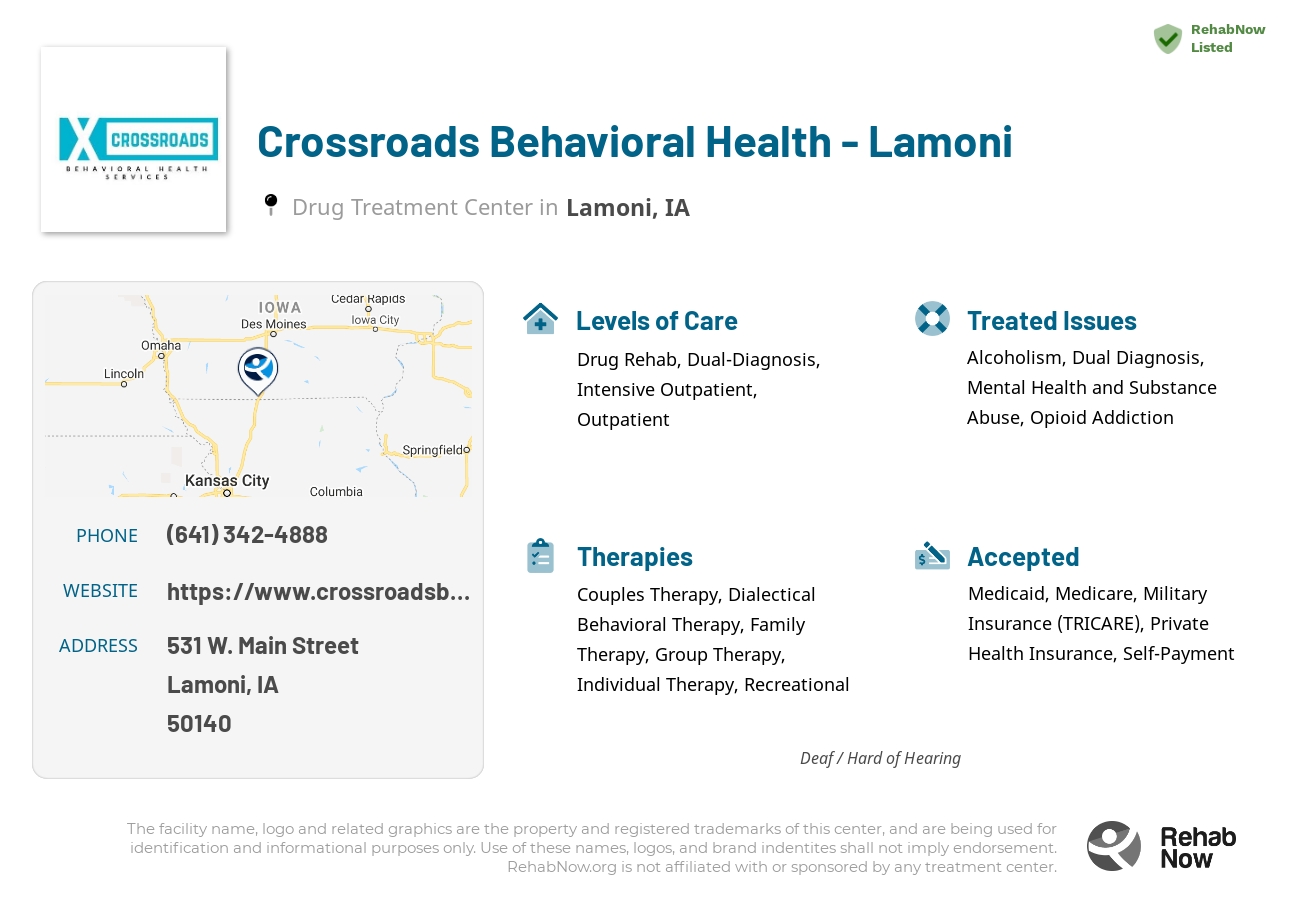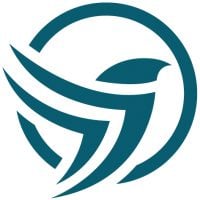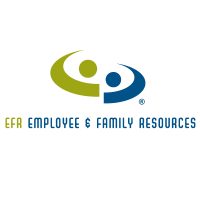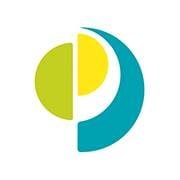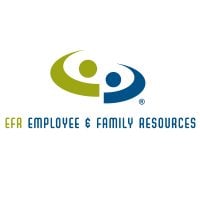Crossroads Behavioral Health - Lamoni
Drug Rehab Center in Lamoni, Iowa
Crossroads Behavioral Health - Lamoni is a mental health and substance abuse treatment center located in Iowa that offers a variety of tailored programs, services, and medication-assisted treatment for those seeking recovery from addiction, depression, anxiety, and other mental health and substance-related issues.
About Crossroads Behavioral Health - Lamoni in Iowa
Crossroads Behavioral Health - Lamoni, situated in Lamoni, Iowa, focuses on outpatient treatment for individuals grappling with alcohol and/or substance addiction. This facility stands out by integrating various therapeutic services, including individual, couples, family, and group therapies, underscoring its commitment to catering to diverse needs and fostering a supportive environment for recovery.
Accredited by the State License, Crossroads Behavioral Health - Lamoni demonstrates a commitment to maintaining high standards of care. The center offers a broad spectrum of treatments ranging from drug rehab and detox to intensive outpatient programs and aftercare support, ensuring a comprehensive approach to addiction recovery.
- Individualized Care: Crossroads Behavioral Health - Lamoni prides itself on offering personalized treatment plans tailored to each client's unique needs.
- Comprehensive Service Range: From on-site detoxification to aftercare support, the facility provides a full continuum of care to address all phases of recovery.
- A Supportive and Safe Environment: The center’s focus on creating a nurturing environment aids clients in their journey towards healing and sobriety.
Treating a wide array of addictions, including alcohol, opioids, and other substances, Crossroads Behavioral Health - Lamoni employs various treatment methods from medication management to group therapy. This facility offers both intensive outpatient and standard outpatient care, accommodating different stages of addiction and recovery.
Genders
Ages
Modality
Additional
Accreditations
State License
Conditions and Issues Treated
Opioid addiction starts when a person becomes addicted to legal or illegal opioids. The addiction can happen quickly, in just a matter of days. Opioid withdrawal can be extremely uncomfortable and lead the user to continue to use even if they want to quit. Stopping using an opioid requires medical observation. Sometimes inpatient treatment with a medically supervised detox is necessary for managing the withdrawal process while learning lasting tools for maintaining recovery. Medications may be used in some cases of opioid addiction.
Opioid addiction is one of Iowa‘s most prominent forms of addiction. It’s treated by detoxifying the body so that the chemicals from the medications no longer impact them and by therapies to correct behavior and target the root of the problem.
Recovery is not simply about stopping drug use. Recovery is working with addiction while recovering mental health issues that are fueling the addiction in the first place.
Levels of Care Offered
This center offers a variety of custom treatment tailored to individual recovery. Currently available are Drug Rehab, Dual-Diagnosis, Intensive Outpatient, Outpatient, with additional therapies available as listed below.
Addicts who need help with their addiction can enroll in an intensive outpatient program (IOP). But the patient won’t live there during treatment.
IOP involves patients visiting a medical office building regularly for therapy and other services while continuing to live their lives.
IOP is a step up from drug or alcohol detox, but it’s still a phase of recovery, not the end goal. Patients in need of IOP have many options for rehab and treatment.
Outpatient treatment is considered the lower intensity level of addiction treatment. It’s ideal for early phase addiction or lower intensity addictions. It may include weekly sessions instead of daily. It may include weekly sessions instead of daily. Peer group support, 12-step programs, and individual counseling may still be involved but at a lesser frequency than an intensive outpatient program. It is a good choice for someone who doesn’t need to go through a medically supervised detox and who has a supportive home environment. It requires motivation and dedication to commit to the program without constant monitoring.
Therapies & Programs
Individual therapy involves one-on-one sessions between the patient and therapist. It provides patients with a safe environment to openly discuss personal and sensitive issues with the therapist. They find the therapist as someone they can trust. Individual therapy aims to identify the core issues that would have led the patient to substance abuse and address them effectively. The therapist can develop patient-specific customized solutions through individual therapy, which aids speedier recovery.
Couples therapy works with clients and significant others in a professional capacity to improve relationship dynamics. This can be helpful for addicts who are trying to marry the idea of recovery into their work, family, social lives – any aspect that has to do with relationships.
Through counseling sessions, addicts will have an opportunity to talk about their addiction with professional partners. These partners can offer feedback and advice on how to get sober while keeping healthy relationships intact. A good couples therapist will help addicts understand their part in an unhealthy relationship dynamic or find ways to deal with anger or resentment from significant others outside of the home.
Family therapy is a group problem-solving that aims to improve communication and relationships between the addict, their family, and sometimes friends. The main goal of family therapy for drug addiction is to create an environment where communication can occur without judgment, hostility, or blame. The therapist is with the family as they learn to communicate differently, especially with the addict when s/he is using. The family can learn to reduce their enabling behavior or rally together and support each other during tough times.
An addict’s family can play a vital part in helping them to avoid relapse because they can spot the warning signs and help them get back on track before it becomes too much of a problem. Family therapy is one of the most effective ways to help addicts stay on the path to long-term sobriety. When a drug addict decides that they want to try and get sober, it takes the support of every person they love to succeed. It can be incredibly difficult for loved ones to watch an addict go through the pain and suffering of withdrawal, but by being there with them and supporting them, they can help to make sure that the addiction never returns.
Groups typically involve meetings with other recovering addicts who can relate to one another’s experiences. They might meet in person or online and typically focus on the process of staying sober rather than overcoming a specific addiction.
In these groups managed by Crossroads Behavioral Health - Lamoni, addicts can build a sense of community and develop strong emotional connections with others who understand what they are going through. These beneficial relationships can help addicts overcome their cravings and prevent relapse at any point during the recovery process.
Dialectical Behavior Therapy (DBT) is a type of therapy created in the late 1980s and early 1990s to help people with high rates of suicidal behavior. DBT helps people learn how to live a life that is no longer controlled by overwhelming emotions and urges. It is beneficial in treating drug addiction because it helps patients understand and cope with their cravings for drugs or alcohol rather than turning to those substances as a way of coping.
There is hope for people who are addicted to drugs and alcohol. Cognitive Behavioral Therapy (CBT) is the solution. CBT focuses on the underlying thoughts and behaviors that caused the addiction problem in the first place and may cause a relapse. This type of psychotherapy addresses negative feelings common in substance abuse disorders. It helps to change them by restructuring thought patterns. It’s about removing negative thoughts and providing long-term benefits while promoting self-awareness, self-control, and healthy ways to respond to negative thoughts. These sessions can be done by themselves or as part of combination therapy.
Payment Options Accepted
For specific insurance or payment methods please contact us.
Is your insurance accepted?
Ask an expert, call (888) 674-0062
Crossroads Behavioral Health Services Associated Centers
Discover treatment facilities under the same provider.
- Crossroads Mental Health Center in Creston, IA
- Crossroads Behavioral Health - Osceola in Osceola, IA
- Crossroads Behavioral Health - Winterset in Winterset, IA
- Crossroads Behavioral Health Services - Osceola in Osceola, IA
- Crossroads Behavioral Health - Lenox in Lenox, IA
Learn More About Crossroads Behavioral Health Services Centers
Additional Details
Specifics, location, and helpful extra information.
Lamoni, Iowa 50140 Phone Number(641) 342-4888 Meta DetailsUpdated April 15, 2024
Staff Verified
Crossroads Behavioral Health - Lamoni Patient Reviews
There are no reviews yet. Be the first one to write one.
Lamoni, Iowa Addiction Information
Iowa ranks 2nd lowest in the nation for illicit drug use, but 12% of its residents are still using these drugs every single year. Methamphetamines account for more than 90% of all drug-related prison admissions in Iowa. Alcohol is the most widely abused substance in the state, with 23% of residents admitting to heavy drinking.
Treatment in Nearby Cities
- Tipton, IA (166.4 mi.)
- Elkader, IA (202.2 mi.)
- Manchester, IA (181.9 mi.)
- Perry, IA (84.5 mi.)
- Marengo, IA (126.5 mi.)
Centers near Crossroads Behavioral Health - Lamoni
The facility name, logo and brand are the property and registered trademarks of Crossroads Behavioral Health - Lamoni, and are being used for identification and informational purposes only. Use of these names, logos and brands shall not imply endorsement. RehabNow.org is not affiliated with or sponsored by Crossroads Behavioral Health - Lamoni.
